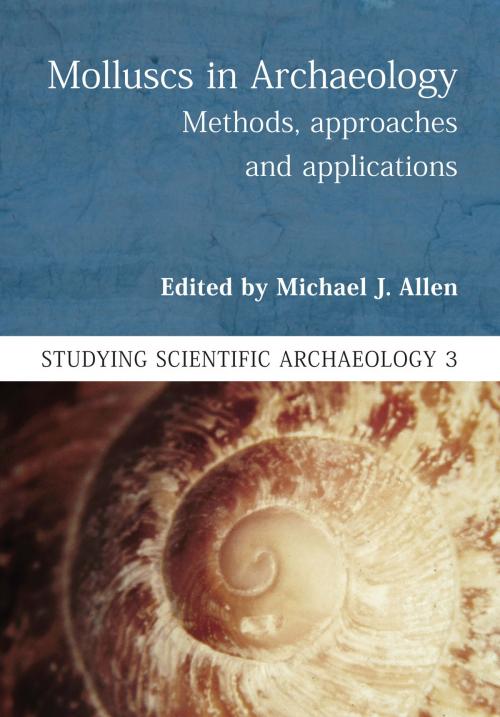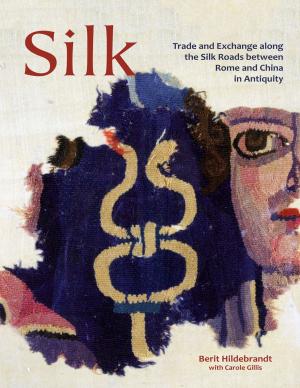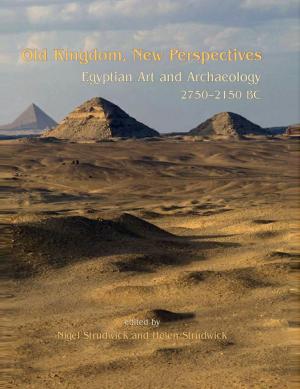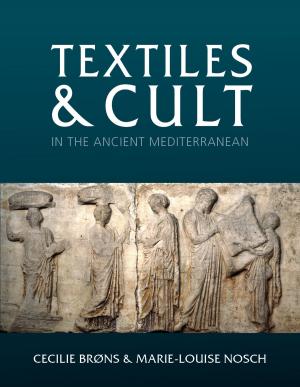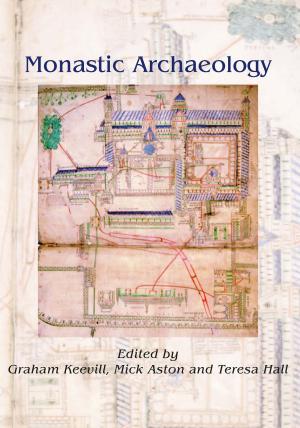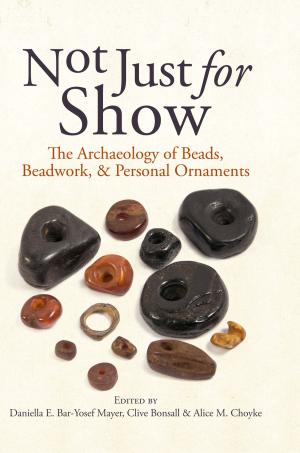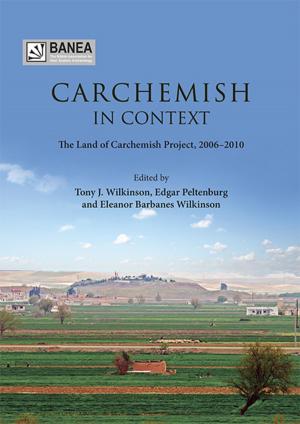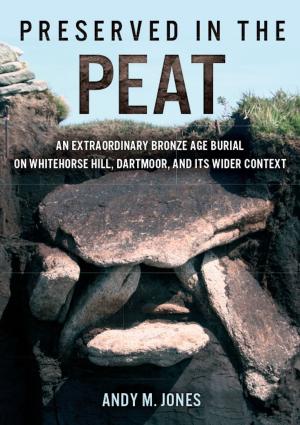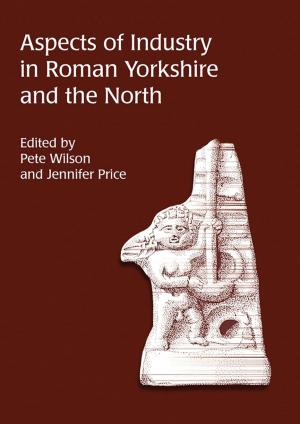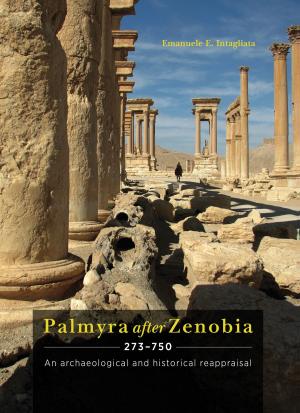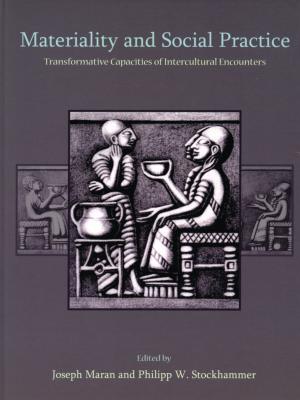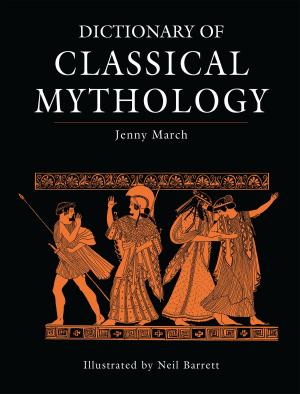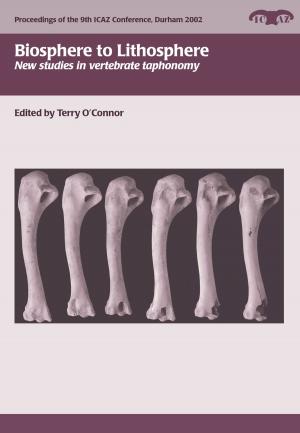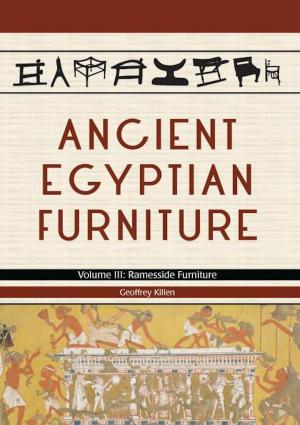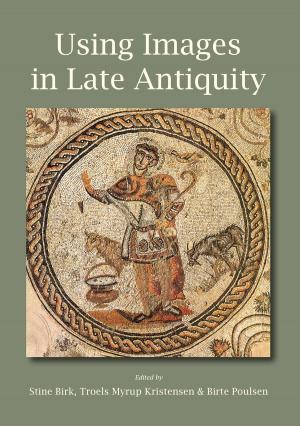Molluscs in Archaeology
Methods, Approaches and Applications
Nonfiction, Social & Cultural Studies, Social Science, Archaeology, History| Author: | Michael J. Allen | ISBN: | 9781785706097 |
| Publisher: | Oxbow Books | Publication: | June 30, 2017 |
| Imprint: | Oxbow Books | Language: | English |
| Author: | Michael J. Allen |
| ISBN: | 9781785706097 |
| Publisher: | Oxbow Books |
| Publication: | June 30, 2017 |
| Imprint: | Oxbow Books |
| Language: | English |
The subject of ‘Molluscs in Archaeology’ has not been dealt with collectively for several decades. This new volume in Oxbow’s Studying Scientific Archaeology series addresses many aspects of molluscs in archaeology. It will give the reader an overview of the whole topic; methods of analysis and approaches to interpretation. It aims to be a broad based text book giving readers an insight of how to apply analysis to different present and past landscapes and how to interpret those landscapes. It includes Marine, Freshwater and land snails studies, and examines topics such as diet, economy, climate, environmental and land-use, isotopes and molluscs as artefacts. It aims to provide archaeologists and students with the first port of call giving them a) methods and principles, and b) the potential information molluscs can provide. It concentrates on analysis and interpretation most archaeologists and students can undertake and understand, and to 'review' the 'heavier' science in terms of potential, application and interpretational value.
The subject of ‘Molluscs in Archaeology’ has not been dealt with collectively for several decades. This new volume in Oxbow’s Studying Scientific Archaeology series addresses many aspects of molluscs in archaeology. It will give the reader an overview of the whole topic; methods of analysis and approaches to interpretation. It aims to be a broad based text book giving readers an insight of how to apply analysis to different present and past landscapes and how to interpret those landscapes. It includes Marine, Freshwater and land snails studies, and examines topics such as diet, economy, climate, environmental and land-use, isotopes and molluscs as artefacts. It aims to provide archaeologists and students with the first port of call giving them a) methods and principles, and b) the potential information molluscs can provide. It concentrates on analysis and interpretation most archaeologists and students can undertake and understand, and to 'review' the 'heavier' science in terms of potential, application and interpretational value.
